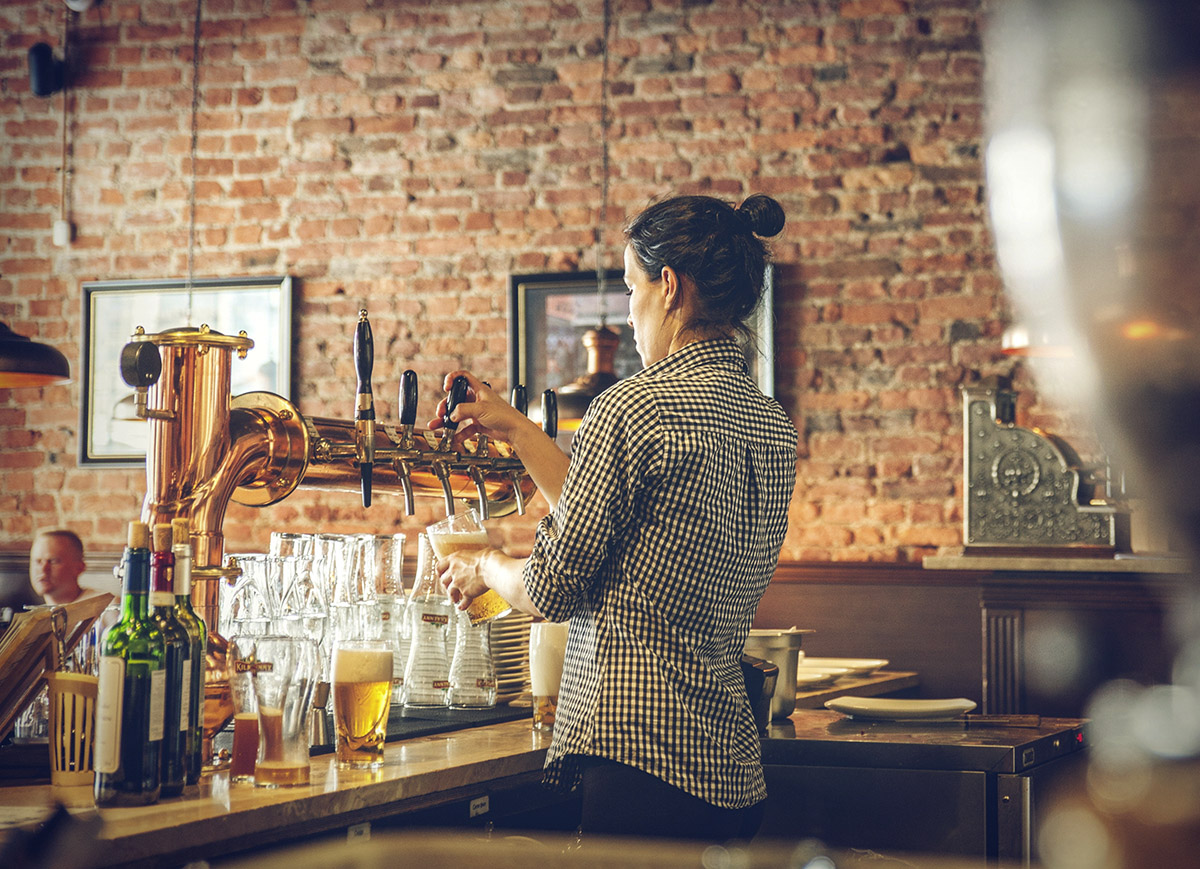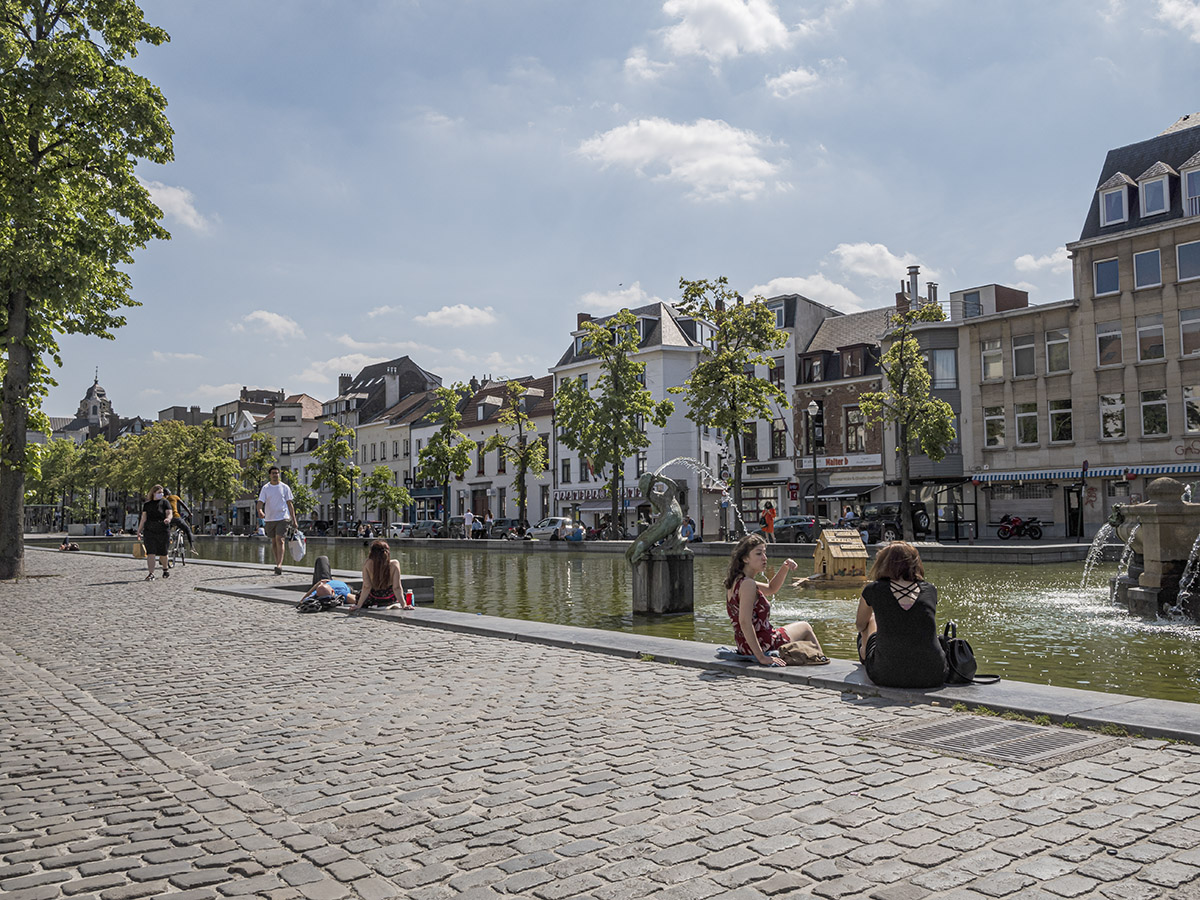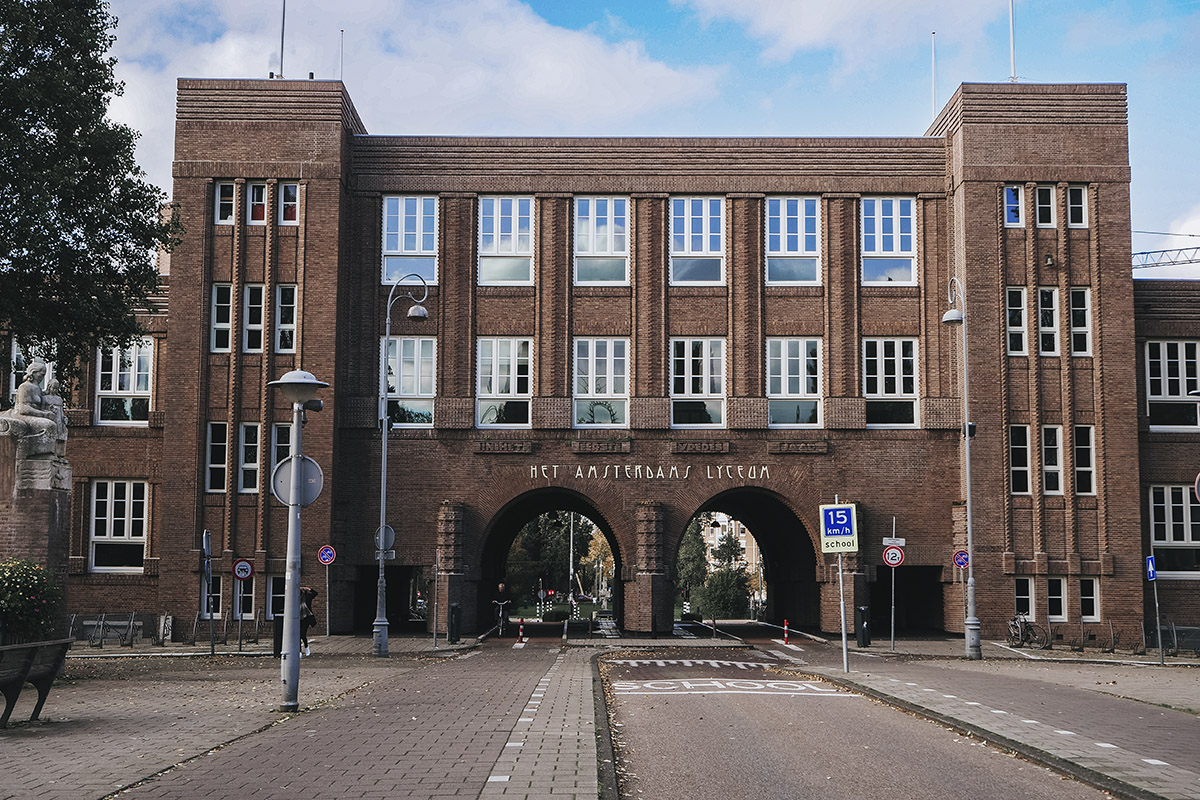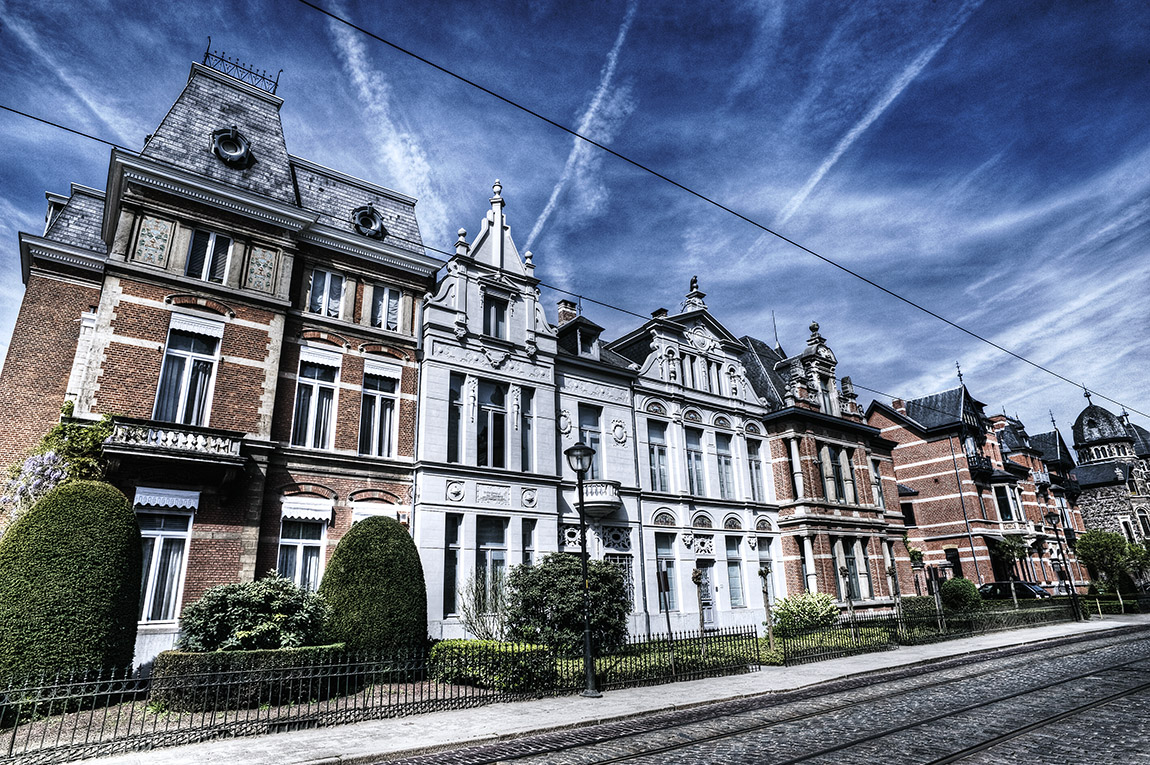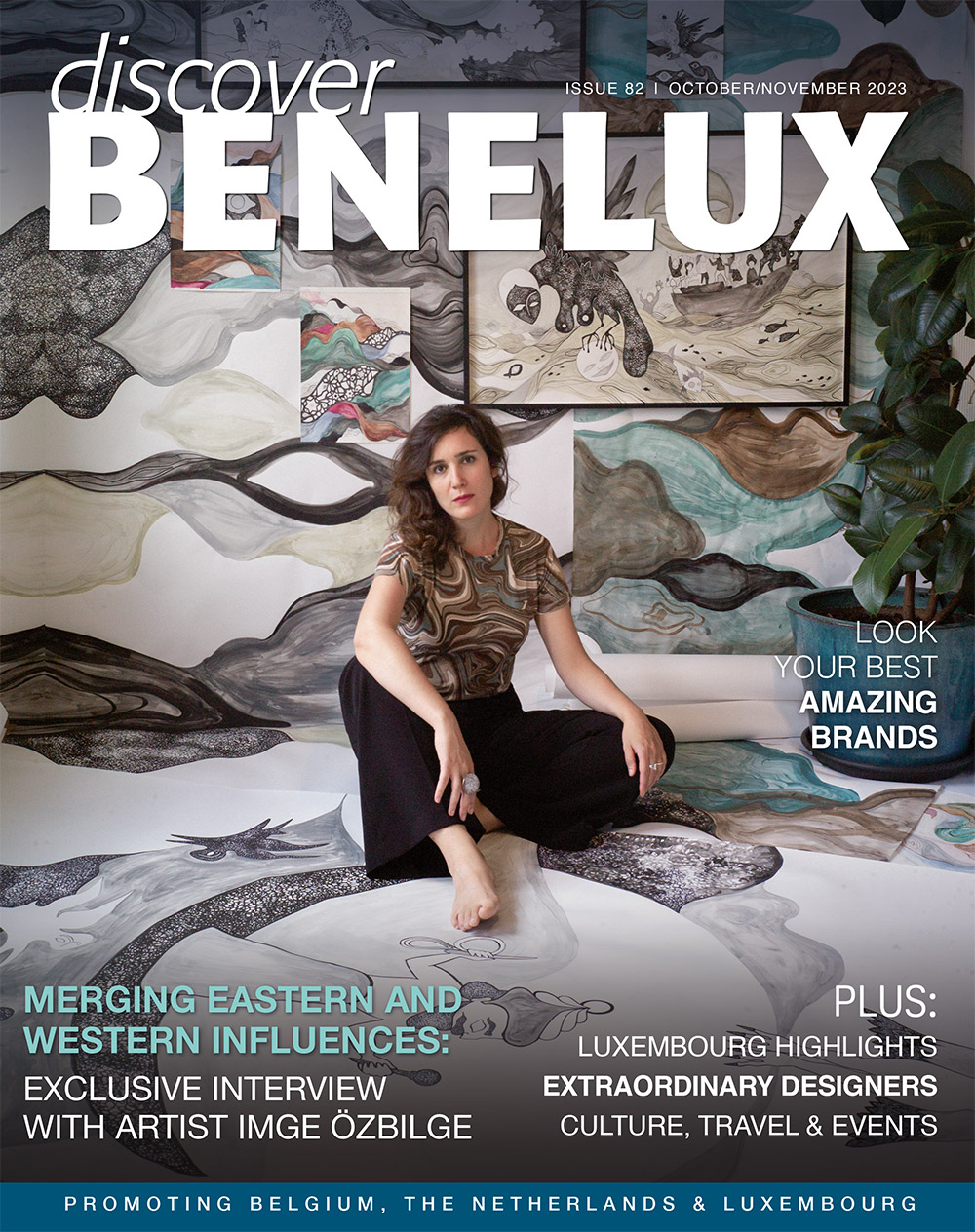Plastic fishing for a clean future
TEXT: DANA MARIN | PHOTOS: PLASTIC WHALE
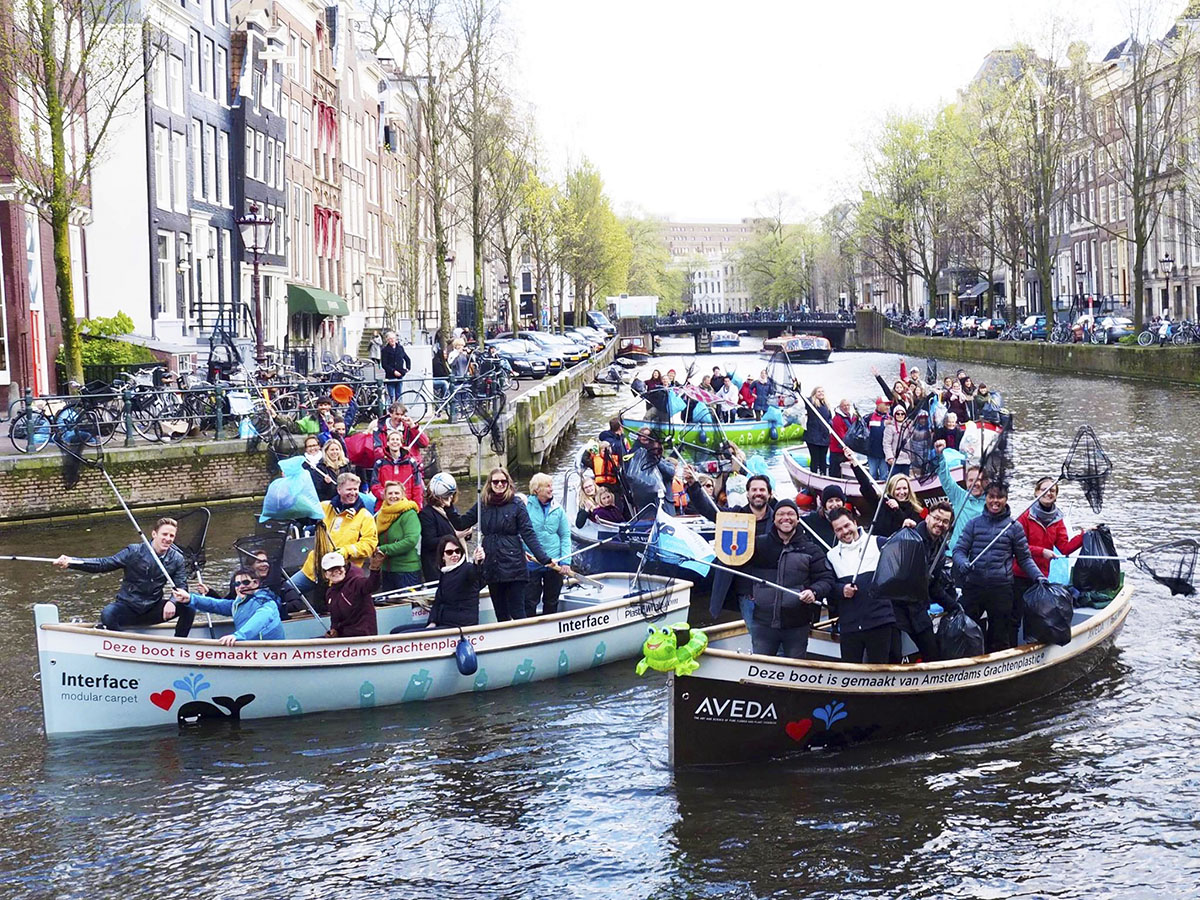
Company outing.
Beneath the beauty of our waters lies an unfortunate reality: a growing tide of plastic waste. This pollution crisis endangers marine life, disrupts ecosystems and contaminates vital water resources. Luckily, it’s being met with a wave of bold and diverse initiatives targeting this global challenge – and they certainly don’t lack ingenuity!
Walking along the picturesque canals of Amsterdam, one might spot small boats filled with cheerful people wielding landing fishing nets, trying to fish out something from the water. Instead of catching fish, however, they only seem to catch trash. Yet, rest assured, they were not looking for fish in the first place! These are the boats of the Plastic Whale company, the first professional plastic fishing company in the world. Based in the Netherlands, Plastic Whale is an innovative company determined to make a difference in the world and inspire others to do the same.
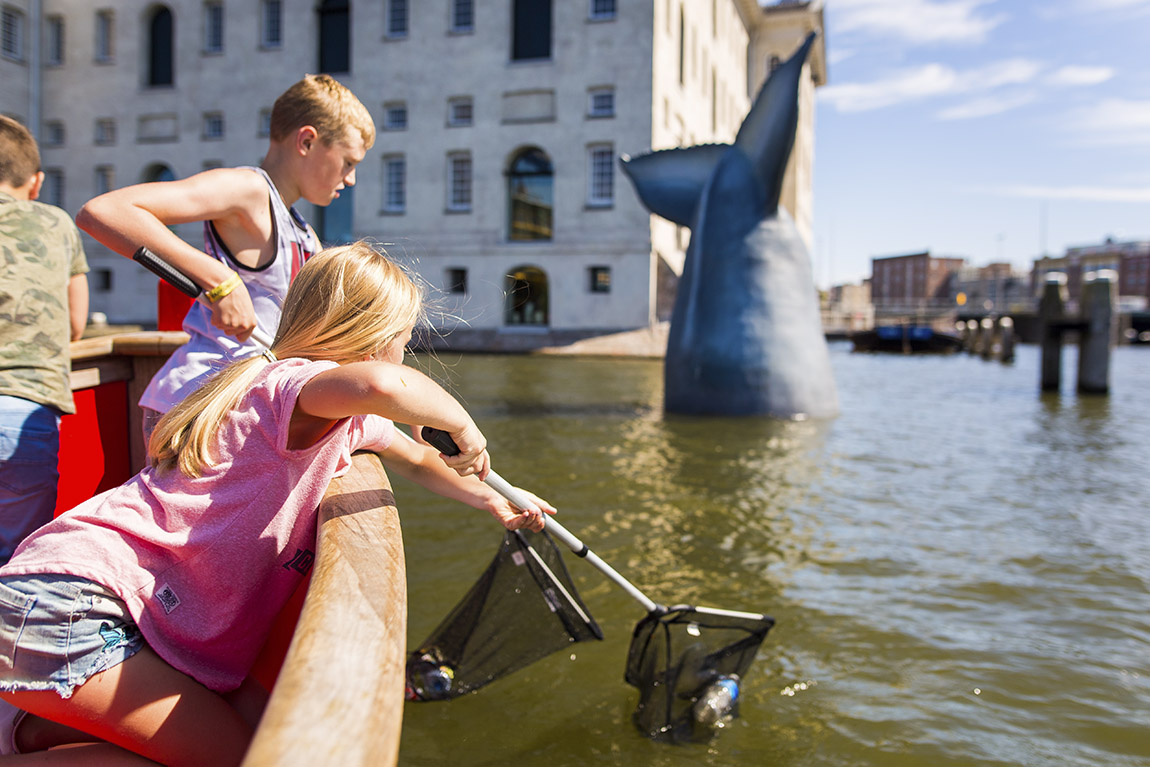
No bottle left behind.
Stop talking. Let’s start doing!
Global issues generate a lot of discussions, and that’s not a bad thing, because we have to first talk about problems in order to fix them. However, if no action is taken, nothing will change. The founder of Plastic Whale, Marius Smit, knows this well, and that’s why he chose “Stop talking. Let’s start doing!” as the company’s motto. He also came up with an original idea to tackle the plastic soup issue: plastic fishing.
Every big dream starts with a small step, and that’s how it started with the Plastic Whale, too: a challenge to build a boat out of plastic waste, in 2011. That boat was built, and more followed over the years. Nowadays, Plastic Whale is a social enterprise with a mission – a plastic-free land and sea, worldwide. Its mission is to raise awareness about the plastic issue, educate people and help them take action. It achieves this by organising plastic fishing events in Amsterdam and Rotterdam, land cleanups and workshops.
Companies are the key participants in these actions, partnering with Plastic Whale for team building or volunteer days. Many tourists contribute to keeping the beloved canals free of plastic every year as well, and everyone can participate in the two public events organised the day after King’s Day and the day after the Pride Canal Parade, when the canal waters are the most polluted. On those occasions, the plastic bounty is impressive.
Plastic Whale thinks children can be their most important ambassadors for a cleaner future. That is why The Plastic Whale Foundation was born, a non-profit developing free educational programmes for primary schools and organising cool cleanups for children. In 2022 alone, 4,287 schoolchildren came on board for plastic fishing!
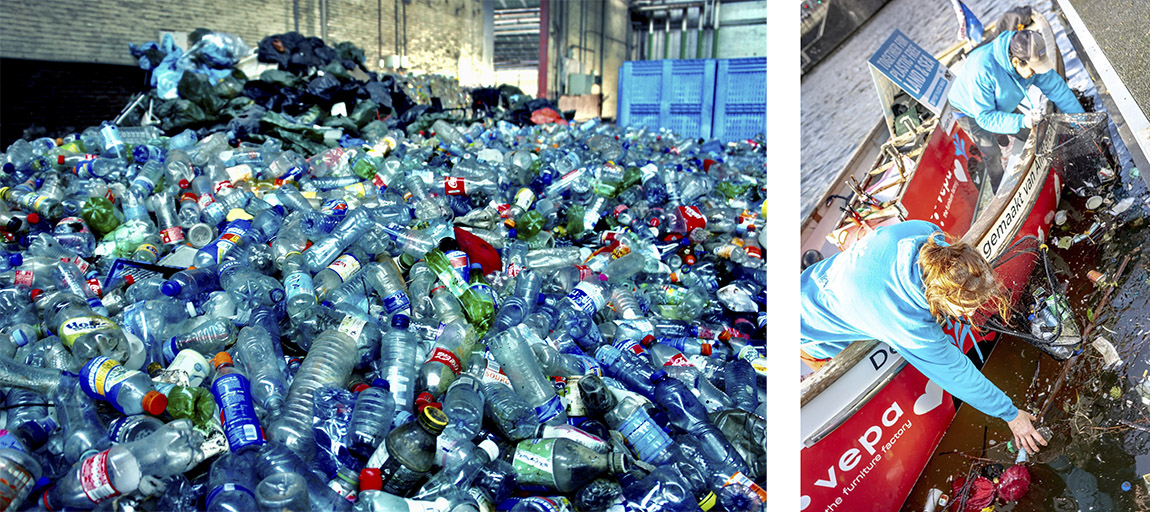
Left: From trash to treasure. Right: There is too much plastic in the waters.
From floating plastic bottles to the conference room
Some might wonder how big of an impact these fishing trips can have. Sceptics would say that this is only a drop in the ocean, and that solving the plastic issues takes more than just a few enthusiasts collecting plastic bottles. That might be true, but the primary goal of these activities is not to clean the entire plastic from the canals; it’s to raise awareness on a larger scale. The more people get educated about the issue and get involved, the bigger the chances to clean the waters of plastic waste and keep them clean.
The stats regarding the quantity of collected plastic are not negligible and indicate the impact of these actions: In 2022, Plastic Whale removed 25,834 PET bottles and 6,530 bags of trash from nature and had 14,417 people on board to fish for plastic.
Collecting so much plastic is an achievement in itself, but Plastic Whale didn’t stop there. Instead of relying on others to recycle this plastic, they took matters into their own hands and partnered with Vepa, a sustainable office furniture manufacturer, to transform the plastic bottles into special design objects. The collected plastic was used to build boats (like the ones that are used for the fishing trips) and office furniture. Inspired by the amazing shape of the whale, the furniture was designed by LAMA Concepts, and it brings an ocean vibe into the conference rooms. The table imitates a surfacing whale, the chairs remind of the flipping tail while lamps are like the barnacles on the skin.
Every action count, and every innovative idea matters in the long journey to clean our waters of plastic debris. And while there is still a long way to go, maybe if more people get involved in this mission, the journey might prove to be a shorter one. Together, we can transform our oceans and pave the way for a sustainable and thriving future for all living beings.
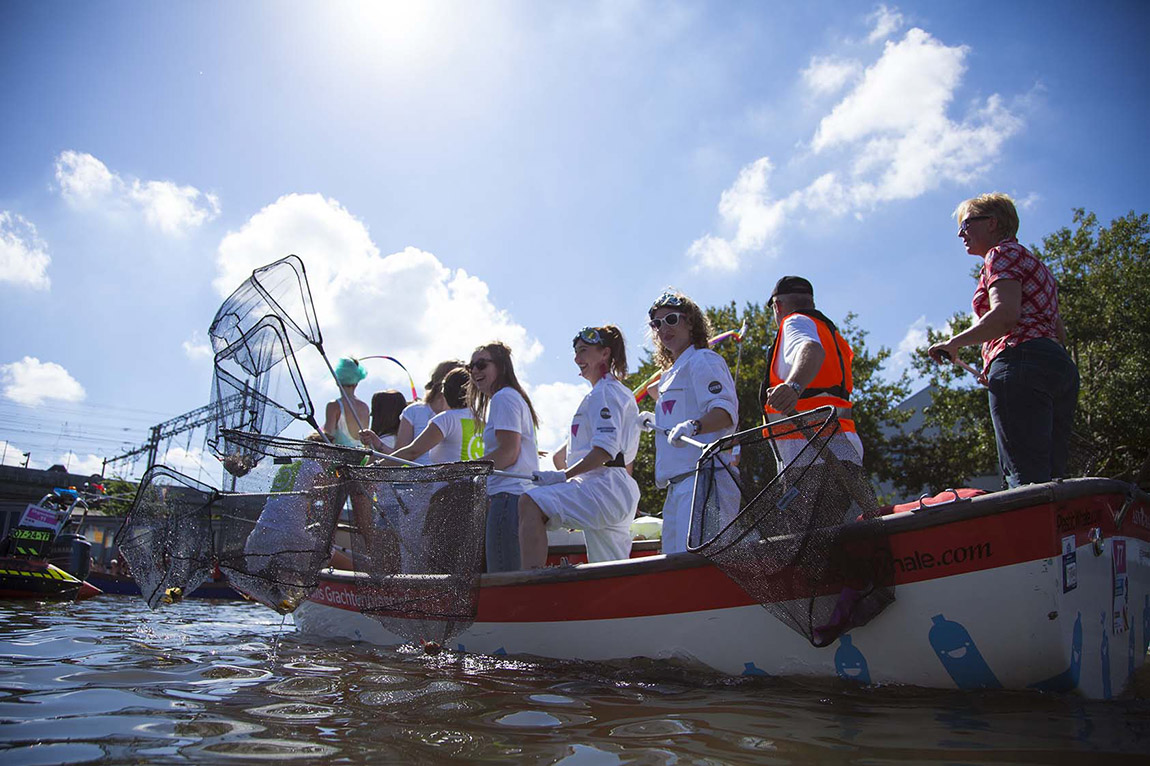
Fishing for plastic is fun.
Subscribe to Our Newsletter
Receive our monthly newsletter by email
